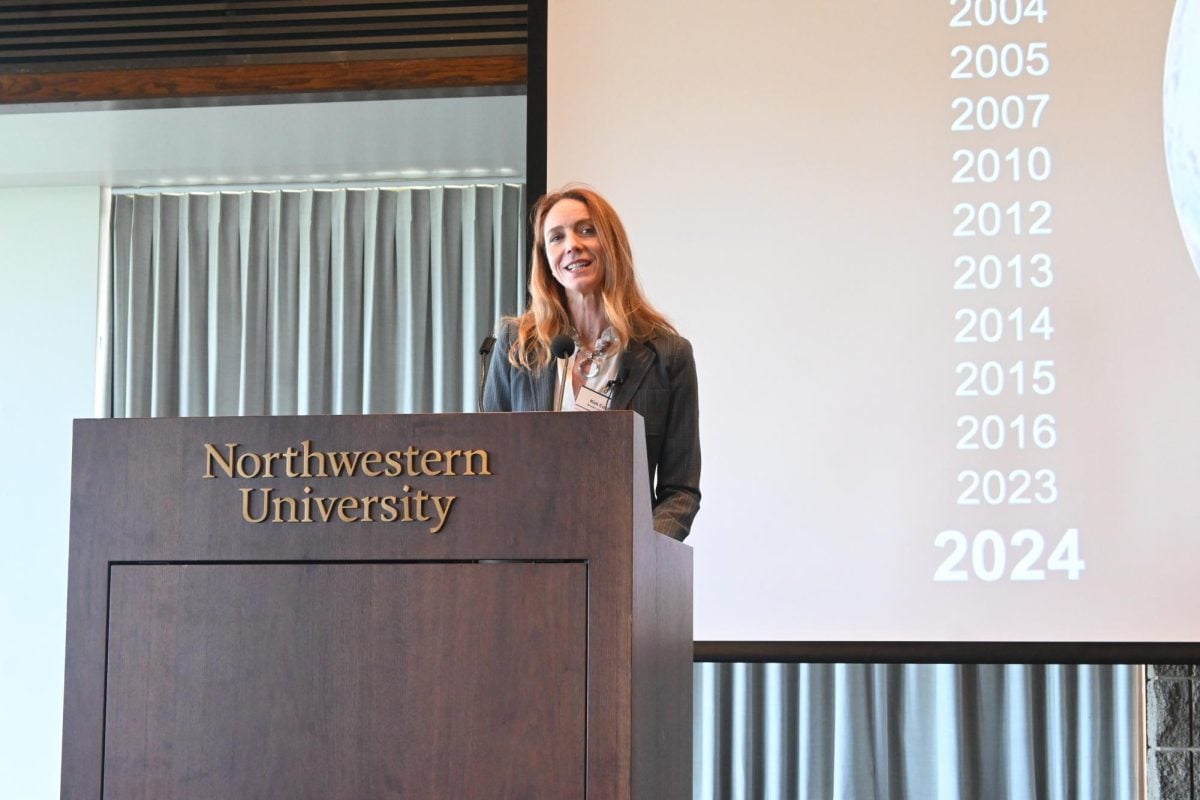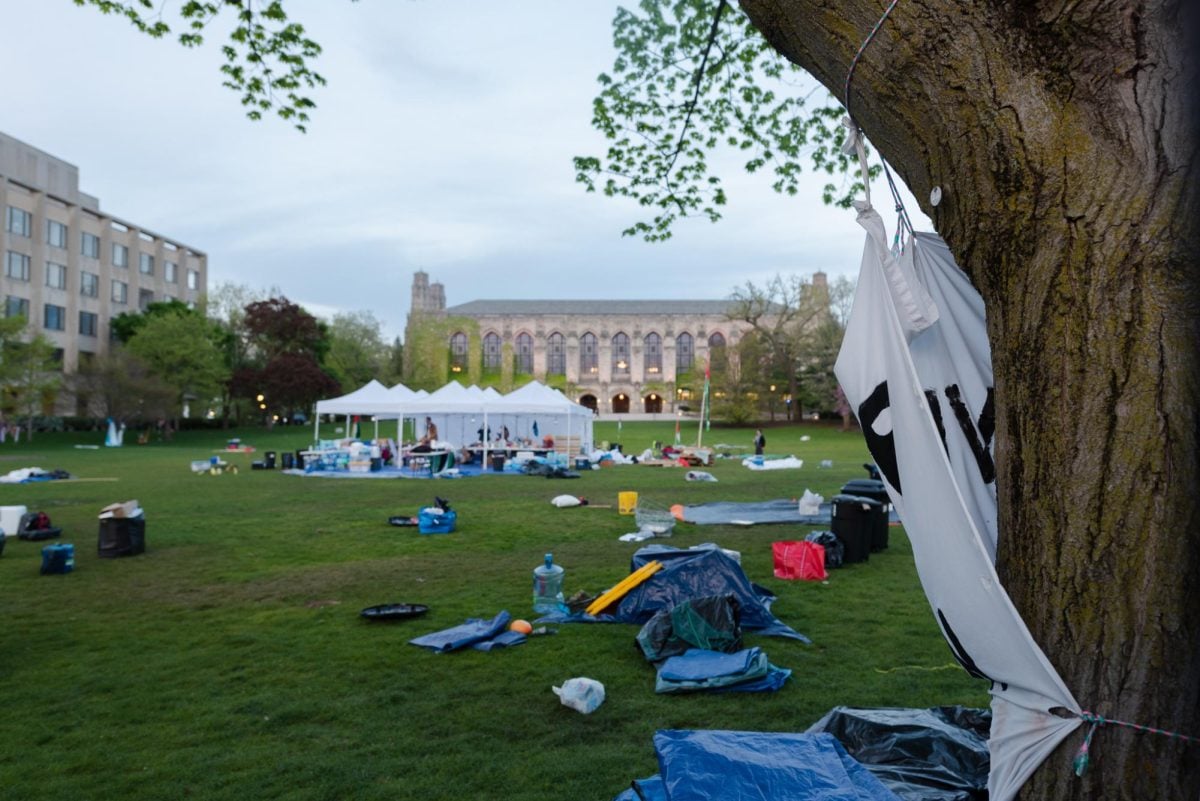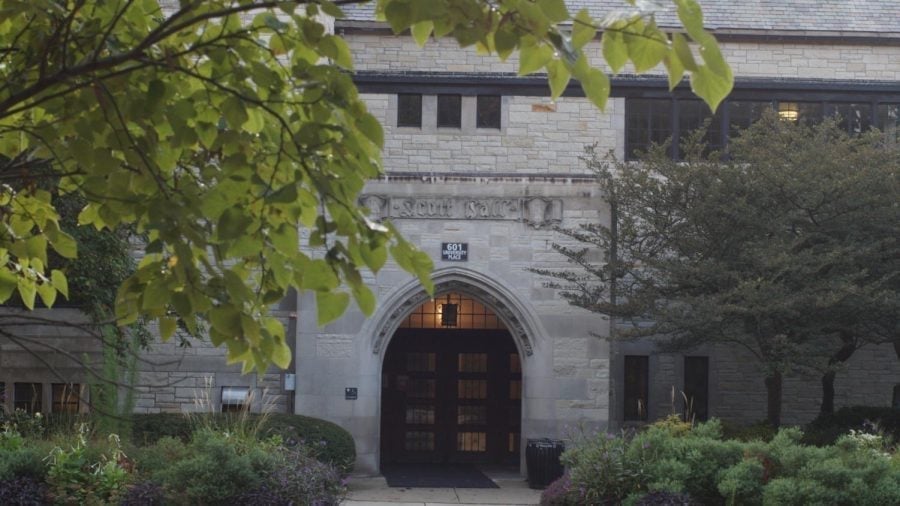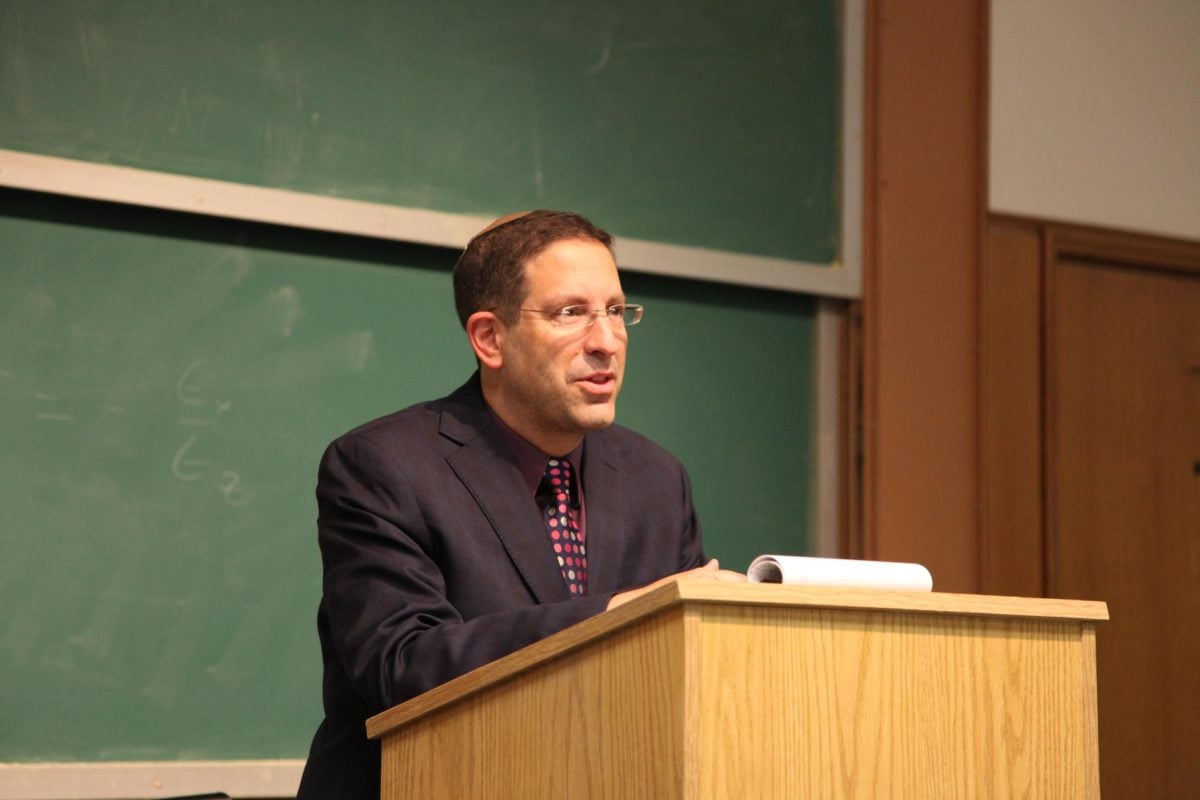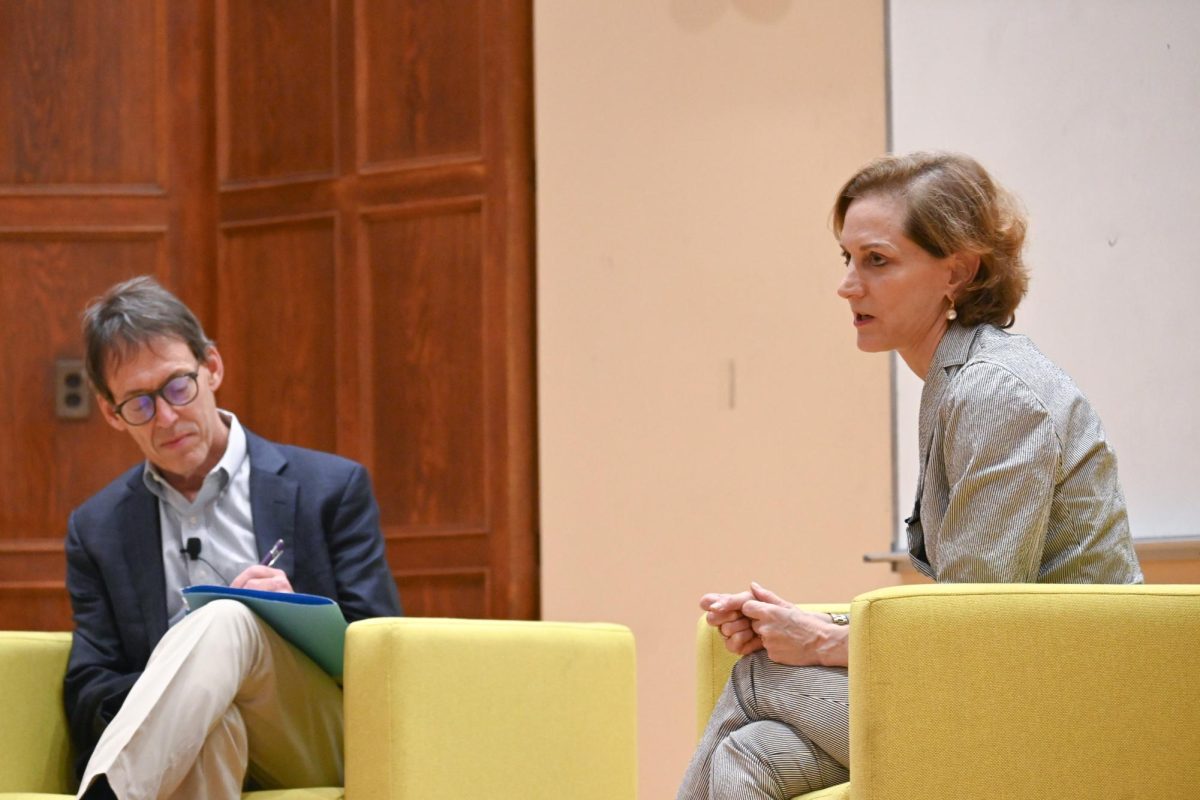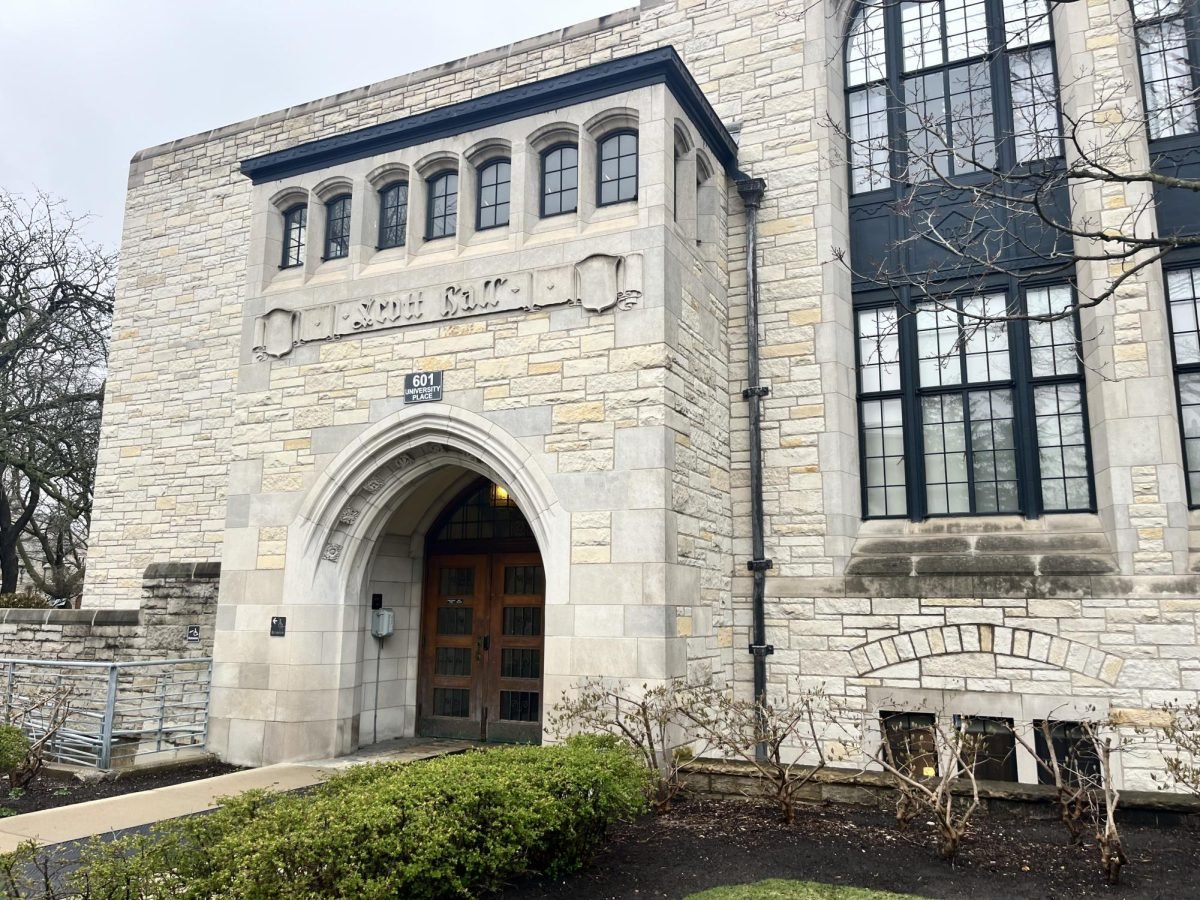As soon as Sofia Sami is sworn in as Associated Student Government academic vice president this week, she plans to start reforming student advisory boards across Northwestern’s six undergraduate schools.
The Weinberg junior wants to create a new advisory board for the School of Education and Social Policy that includes students. The current board is made up of only faculty members. Sami also plans to clean up the student advisory board for the Weinberg College of Arts and Sciences by reducing how many students serve on it.
Sami said most students don’t even know who their representatives are.
“They don’t reach out to the students,” Sami said. “That’s never a good system for vocalizing your concerns about a school.”
The biggest problem with SESP’s current advisory board is its lack of student representation, Sami said. She said she plans to push for either a student-only advisory board or one including both students and faculty, although she said she is leaning toward the latter. She pointed out that even the Bienen School of Music, which has fewer students than SESP, has a student advisory board.
“When I pitched the idea, a lot of students were interested in joining,” Sami said. “That said enough to me that this was something to look at.”
Sami said Weinberg’s student advisory board needs to cut down on size and increase its efficiency by meeting more than once per quarter. There are 91 students on the current board.
Jonathan Kernes, co-vice president of the Weinberg executive board, said although the executive members meet more often, the board at large remains powerless and ineffective in pushing major reforms on campus.
“In terms of us actually pushing anything, it’s not conducive,” the Weinberg junior said. “There’s nothing really serious going on.”
Kernes said student board members are only brought on to serve as a sounding board, although they participate in committees that carry out initiatives, such as the working groups of the University Diversity Council.
“I always thought of (the board) as a safety net for administrators to say, ‘Here’s evidence of student support,’” Kernes said. “Even the social inequalities and diversities requirement proposal was something that had been going on for two years before they brought us on.”
Kernes said student board members don’t reach out to other students because their roles currently do not require them to answer to a constituency. He also pointed out that student representatives are nominated and chosen by faculty, not their peers.
Sami said faculty control over choosing representatives and the ambiguous criteria to become one can sometimes result in an ineffective group of members.
“You have to have the type of students who are really willing to reach out to students and have ideas about how to improve the curriculum,” she said. “It’s really hard for a faculty member to know who those students are, because they may not be the students who speak the most in class.”
Prathyusha Chenji, student advisory board representative, said although the board has an irreplaceable role in getting student voices heard, it desperately needs reform. The Weinberg sophomore said by the time most representatives become familiar with their responsibilities, their terms are over.
“It takes us so long to get settled that by the time we start talking about things, there is no resolution,” Chenji said. “Weinberg is one of the schools that is most disorganized in terms of advisory groups.”





